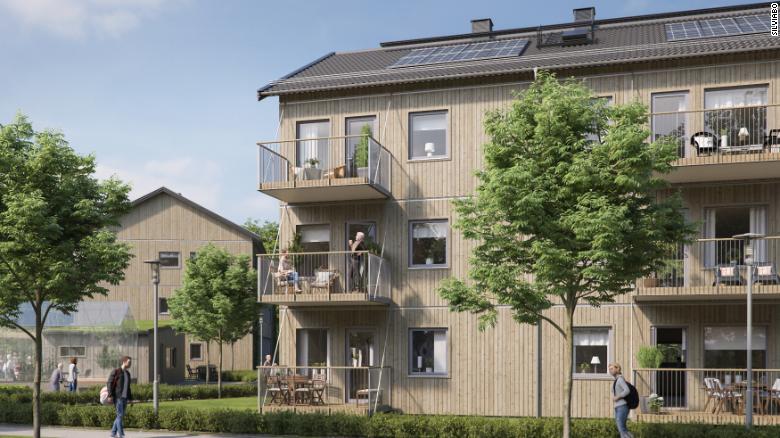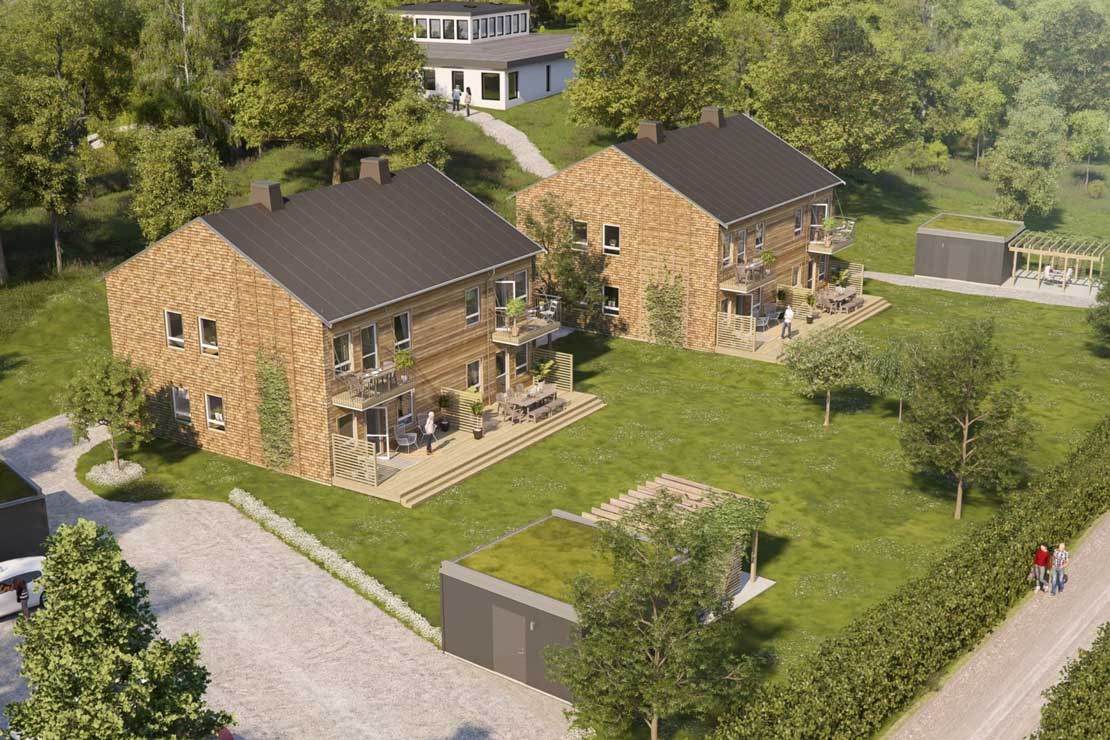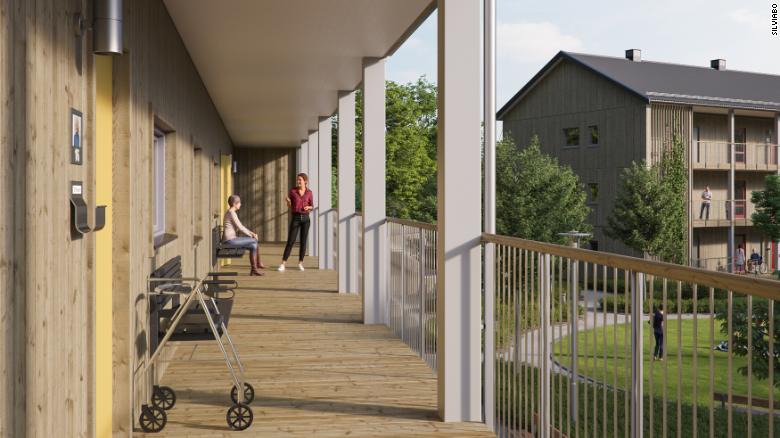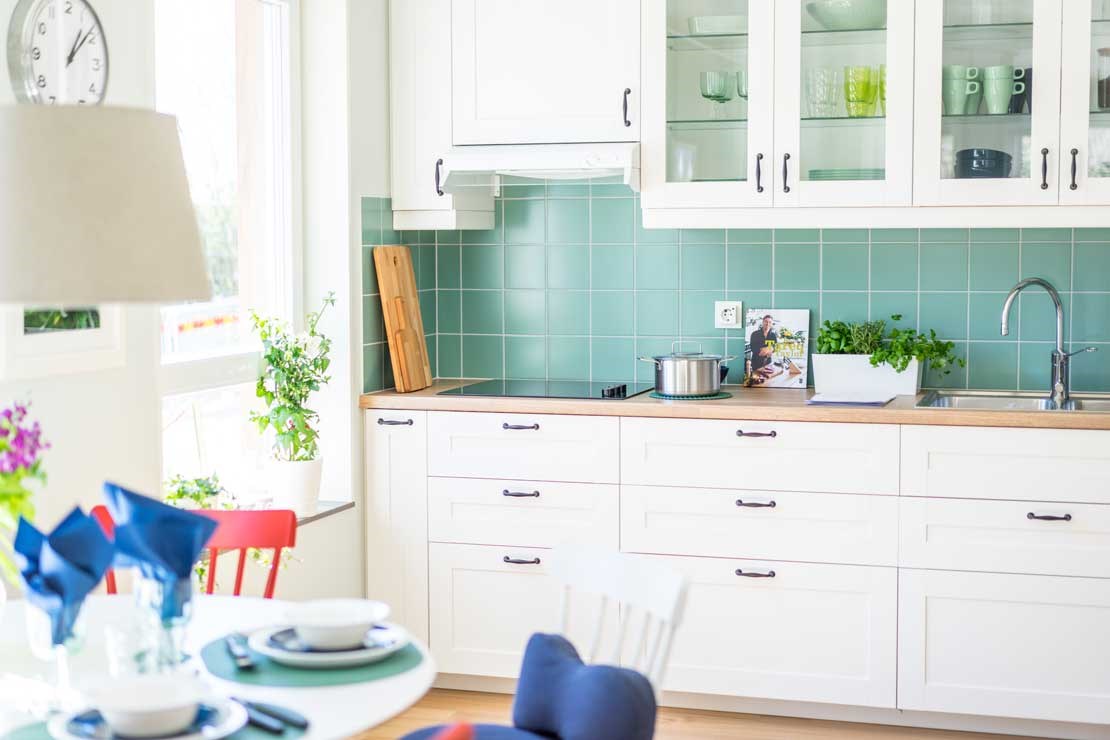Across the globe, populations of older people are growing dramatically, and few plans are in place to properly care for them. The National Institutes of Health (NIH) says 8.5 percent of people worldwide are over 65, and that number will jump to nearly 17 percent by 2050. The need for supportive long-term housing and healthcare has never been more urgent, especially for those with dementia. But elder care is modernizing, and in many cases, that means doing away with the concept of the institutional nursing home.
IKEA is getting in on the game by partnering with construction company BoKlok to launch low cost flat-pack housing for people with dementia. The Swedish retailer has been working on these “SilviaBo” homes since 2015, designing them with a host of sensitive features. They’re meant to be arranged in small communities with gardens and clubhouses that encourage socializing and spending time outdoors.
Named after Sweden’s Queen Silvia, the homes are a modified take on BoKlok’s other affordable flat-pack units. They’ll feature kitchen appliances with old-fashioned knobs and buttons instead of digital controls, bright red shower railings, doors and other components that can easily be seen. There are no mirrors or dark-colored floors in the bathroom, which can confuse people with dementia. The company says these are just a few examples of the 50 slight changes made to the SilviaBo home.
“In March 2017, the first two SilviaBo homes began to be assembled – a quick timeframe made possible thanks to the focus and effort of everyone involved. It’s a process of assembly, as also key to the affordability of a BoKlok home is a highly efficient system of industrialized construction in which truck-sized housing modules – complete with finished interiors including flooring and even cabinets – are produced in a factory. They are then hauled to each site and lifted into place to form the houses.”
IKEA is reportedly ready to start putting the houses into use. A small pilot community with six apartments was trialled outside Stockholm, but residents haven’t moved in yet due to an ongoing permit dispute with neighbors. The houses will rent through BoKlok’s “Left to Live” payment model, which allows residents to pay what they can afford after taxes and living expenses.



